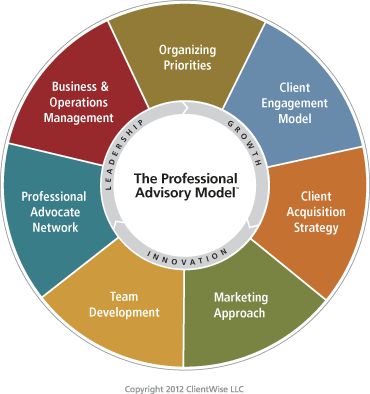The Talent Crunch
The race for talent is heating up. Do you have a plan?
According to a recent study conducted by Barron’s, advisor growth over the past two years has been off the charts:
- 96% of firms have increased their AUM
- 98% have generated an increase in revenue
- 83% have increased their profits
- 89% have increased the number of client households they serve
Yet at the same time, more than 4.3 million people quit their jobs during this pandemic. So, what’s an employer to do? Hire, hire, and then hire some more!
There’s little doubt that the future of wealth advising is bright. And that means you’re going to need a comprehensive internal and external strategy to address the acquisition, development, and advancement of talent. Not only do you need to develop a workable approach to identifying and attracting talent externally, but you need to develop your existing human resources—thinking about each person’s role in your future company (3-5 years down the road).
How do you achieve that?
- Conducting systematic one-on-ones with individual team members on a weekly basis
- Creating clear and measurable OKRs for each employee
- Aligning your compensation plan so it meets today’s organizational needs, while also providing aspirational motivation to your employees to stay and play the longer-term incentive game
A more thoughtful and robust long-term incentive plan doesn’t simply assist in retaining talent; it’s the fuel that will drive additional new growth, as well as support continued quality service delivery to your firm’s clients.
For decades, the advisory business has relied on more short-term, cash compensation with bonuses. But owners are beginning to realize that the only way to lock-in talent and ensure that your firm will be built to last is through the creation of compensation structures that are similarly built to endure:
- LTIPs: executive compensation plans designed to reward the achievement of strategic objectives over a multi-year period. Rewards are normally in cash (compensation) but can be modified to address varying situations while aligning long-term interests of both owners and employees.
- Phantom stock: a compensation program that incents future leaders and owners with shares of profit distribution based on the achievement of set firm goals—without actually having to relinquish any of your ownership stake.
- Equity: selling equity is one of the most important decisions you’ll ever make, so be thoughtful and strategic in considering it—from setting up the optimal structure to identifying the right individual(s) and conducting the transaction.
Yes, you absolutely need to cultivate a highly interdependent corporate culture. But if you don’t also have a robust long-term incentive plan to go with the culture, you’re going to find it exceedingly difficult to recruit and retain the best and the brightest.
Instead of spending so much time making careful decisions about your ‘tech stack’, consider redirecting some of that time towards honing your ‘compensation and benefits stack.’ And don’t overlook the little things. Do you offer gym memberships for your employees? If people are working remotely, are you paying for their home internet access? You need to create a whole comprehensive package that includes these types of things, along with compelling long-term incentives. And just as important, you need to become great at communicating your firm’s package.
Coaching Questions from this article:
- How does your compensation program stack up to your peers for both retention and new hires?
- What specific roles that are critical to future growth of your firm are you facing a shortage of talent in?
- How might you improve advisor performance through better compensation plan design and incentives?
- How can you more closely tie compensation to your firm’s critical objectives and key results (OKRs)?
Like this blog? Subscribe to get notifications of future blog posts!
Topics: Team Development


